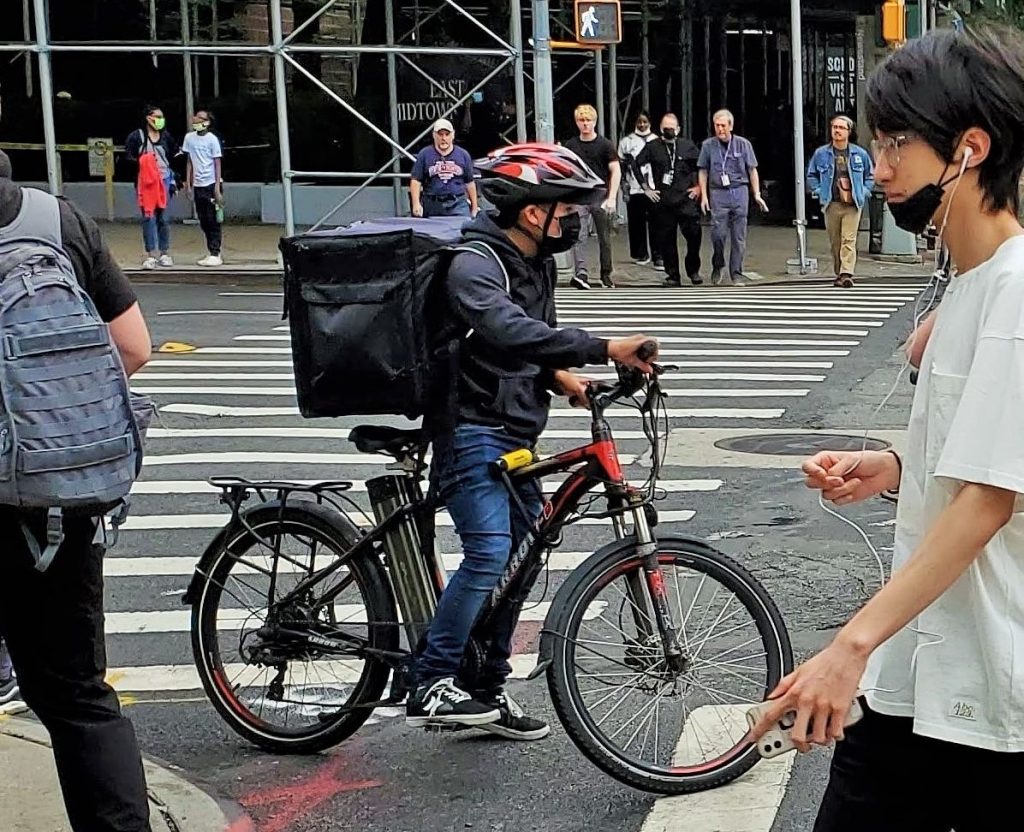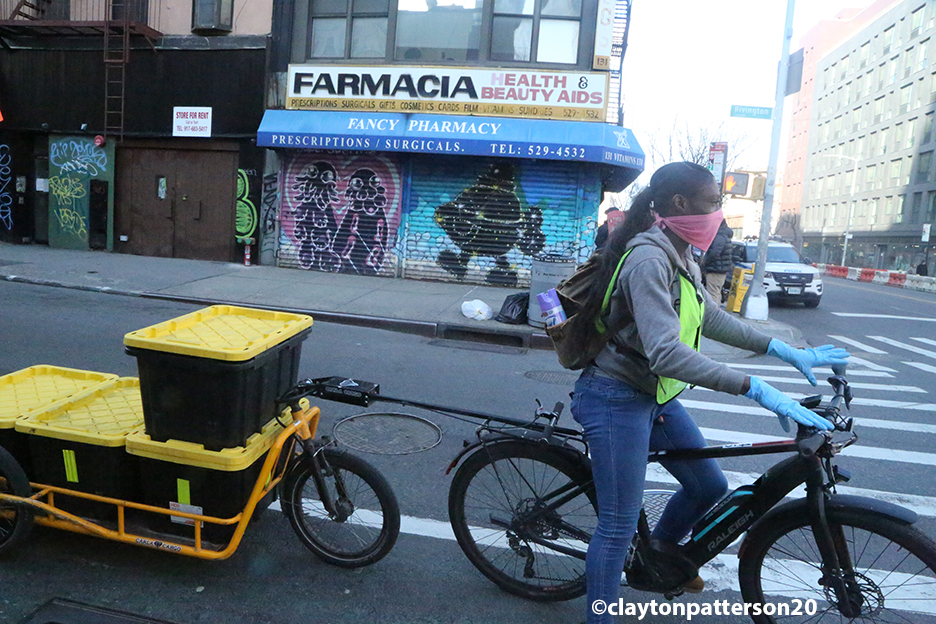BY MICHELE HERMAN | Earlier this month The Village Sun published “Not Sustainable: People Won’t Take Even Small Steps to Save the Planet,” my entry in an essay contest being held in conjunction with WNYC Public Radio. The brief: In clear, simple language and less than 700 words, tell our candidates for national office what your most pressing issue is in the upcoming election.
My old friend Charlie Komanoff, the energy policy expert, promptly e-mailed me, gently suggesting that my piece could use some policy suggestions to go with my tough rhetoric and anecdotes of monstrous consumption all around me in the West Village.
“What we need electeds to do,” Komanoff wrote, “isn’t to hector individual people to undertake sustainable behaviors but to enact policies that build sustainability into the structures of incentives and rules that govern behaviors!”
Toward that end, here are Komanoff’s policy suggestions, one for each environmentally unfriendly behavior listed in my earlier piece.
Gut renovations of already renovated apartments? Taxing the wealthy more for this work would at least cut down on the amount of idle money and the culture of entitlement that supports luxury renovating.
Near-empty apartments blasting air conditioning up to the 12-foot ceiling? A carbon tax, of course, would raise the cost for wasting kilowatts.

Instant food delivery that arrives courtesy of a hustling underclass on e-vehicles on the increasingly lawless bike lanes? One idea: a modest tax on food deliveries, pegged to distance, to discourage ordering from way across town; the revenues could help finance nonflammable batteries for the e-bikes.
The condo that had to buy a first-floor apartment to fit all the Amazon boxes clogging the lobby? Komanoff addressed this last year in a report for the City Council: Charging e-commerce delivery companies a fee per package, based on size, would lure some transactions away from Amazon and toward traditional brick-and-mortar stores.
And the building board that turned down two extremely low-risk opportunities to compost? At the risk of stating the obvious, he suggested that those in favor reach out to the tenants, perhaps with a short video illustrating the benefits to them, along with free containers to store their food scraps.
Charlie, who’s been a leading voice for sustainability for decades, is, like me, an urban bicyclist. Back in 1993, we worked together to create the award-winning, book-length master plan The Bicycle Blueprint: A Plan to Bring Bicycling into the Mainstream in New York City, published by Transportation Alternatives. Many of the pie-in-the-sky policy proposals in that volume have since become not just reality but the norm; back then we all rode in the street with the traffic because there were no bike lanes. There were few sidewalk bike racks, no Citi Bikes, no speed cameras, no traffic calming.
Looking back, I realize that in our small way we helped move the needle toward more inclusive urban design and more human-powered trips. It took both rhetoric and public policy. Every little nudge in the right direction does eventually make a difference.
Herman writes essays, fiction and poetry and has two brand-new books out, the novel “Save the Village” and a poetry chapbook, “Just Another Jack: The Private Lives of Nursery Rhymes.” For more information, visit www.micheleherman.com.


Be First to Comment